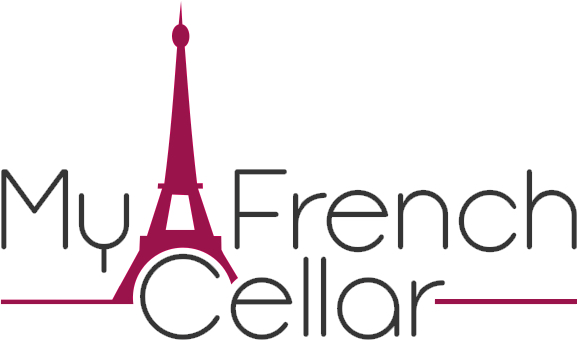Château Lafite Rothschild , Pauillac
/The Chateau
Located near the village of Pauillac in the Médoc region to the north-west of Bordeaux, the estate was first the property of Gombaud de Lafite in 1234. In the 17th century, the Château was purchased by the Ségur family and later by James Mayer Rothschild in 1868.
Chateau Lafite Today
The Wine
Although vines almost certainly already existed on the site, around 1680, Jacques de Ségur planted the majority of the vineyard. In the 18th century, Nicolas-Alexandre, marquis de Ségur refined the wine-making process and introduced his wines to high level of quality and prestige.
The final blend is generally composed of Cabernet Sauvignon (between 80% and 95%), Merlot (5% - 20% ) and up to 3% Cabernet Franc and Petit Verdot.
"I have discovered the wine of Château Lafite to be a delicious, generous cordial, comparable to the ambrosia of the Gods of Olympus” Maréchal de Richelieu (1755)
First Growth - Premier Grand Cru Classé in 1855
100 points by Rober Parker for three vintages : 1986, 1996, 2003, this is an exceptional wine. The price is also exceptional.
Shop in France on Millesimes.com | Cavissima
#lafite #rothschild #pauillac #millesimes #cavissima #bordeaux #yummie





